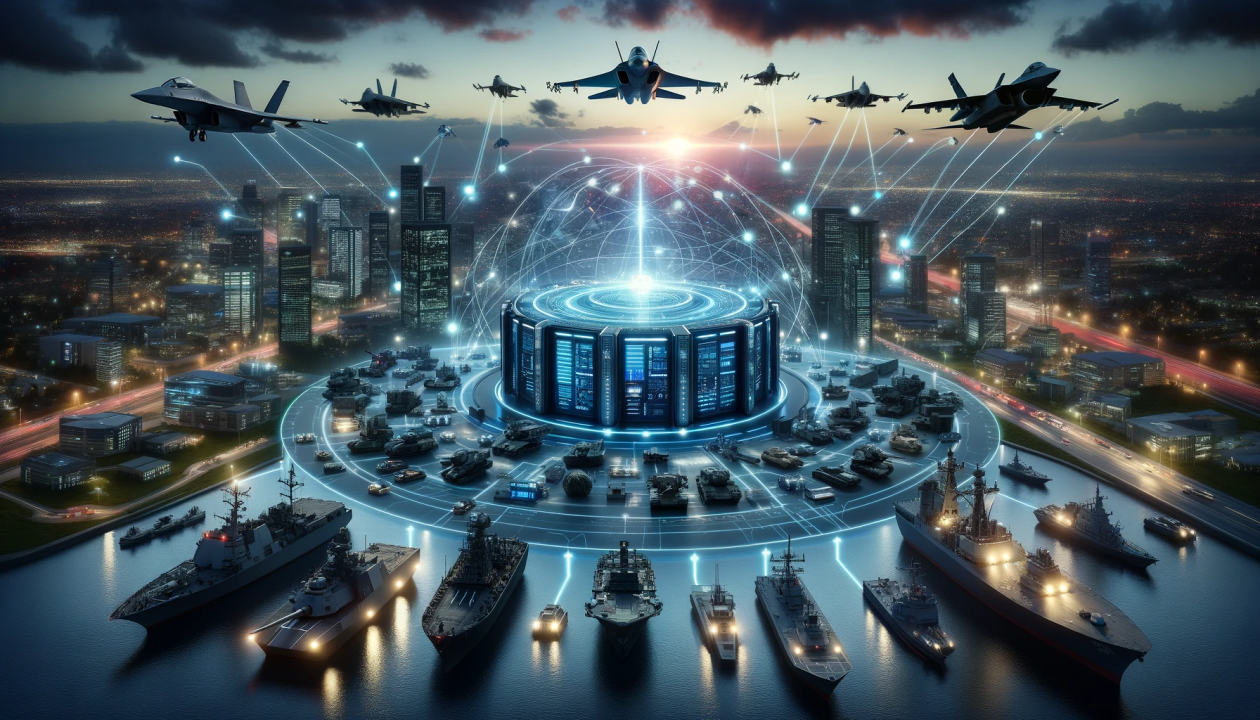The rise of Artificial Intelligence (AI) has revolutionized various sectors, and the military is no exception. As countries race to integrate AI into their defense systems, the need for regulations on military AI use has become more crucial than ever. These regulations aim to ensure that AI is used responsibly and ethically, preventing potential misuse that could lead to unintended consequences on a global scale.

Introduction to Military AI
Military AI refers to the use of artificial intelligence technologies in defense applications. This includes everything from autonomous drones to AI-driven logistics and cybersecurity measures. The integration of AI in military operations promises increased efficiency and effectiveness but also raises significant ethical and security concerns.
Importance of Regulations
The rapid advancement of AI technology in the military domain necessitates comprehensive regulations. Without proper oversight, the deployment of AI in military settings could lead to violations of international law, increased risks of conflict, and unintended harm to civilians. Therefore, establishing clear and enforceable regulations is essential to mitigate these risks.
Ethical Considerations
One of the primary concerns surrounding military AI is the ethical implications. The deployment of autonomous weapons systems, for example, raises questions about accountability and decision-making in combat scenarios. Regulations must address these ethical dilemmas to ensure that AI is used in a manner consistent with humanitarian principles.
International Collaboration
Given the global nature of military conflicts, international collaboration is vital in establishing effective regulations. Countries must work together to create a standardized framework that governs the use of AI in military operations, preventing an arms race and ensuring global security.
Current Regulatory Frameworks
Several international organizations and treaties have begun addressing the issue of military AI regulations. For instance, the United Nations has initiated discussions on the development of a treaty to regulate autonomous weapons. However, more concrete measures are needed to address the rapidly evolving landscape of AI technology.
Challenges in Regulation
Regulating military AI presents several challenges. The fast-paced nature of AI development makes it difficult for regulations to keep up. Additionally, the dual-use nature of AI technologies, which can be used for both civilian and military purposes, complicates the regulatory process.
Case Studies
Examining case studies of countries that have successfully implemented military AI regulations can provide valuable insights. For instance, some nations have established ethics boards to oversee AI deployment in defense, ensuring compliance with international norms.
Future of Military AI Regulations
As AI technology continues to evolve, so too must the regulations governing its use in the military. Future regulatory efforts should focus on adaptability and continuous improvement to address emerging challenges and ensure the responsible use of AI in defense.
Role of Industry
The defense industry plays a significant role in shaping military AI regulations. Companies developing AI technologies for military use must adhere to ethical guidelines and collaborate with governments to ensure compliance with regulatory frameworks.
Public Awareness and Engagement
Raising public awareness about the implications of military AI is crucial for fostering informed discussions and supporting regulatory efforts. Engaging the public can help build trust and accountability in the use of AI in defense.
Technological Advancements
As AI technology advances, regulations must adapt to new capabilities and potential risks. This includes addressing emerging technologies such as quantum computing and data fusion AI that could impact military operations.
Conclusion
The need for comprehensive regulations on military AI use is undeniable. As AI becomes increasingly integrated into defense systems, establishing clear guidelines is essential to ensure ethical and responsible use. By collaborating internationally and engaging with the public and industry, we can develop a regulatory framework that promotes global security and stability.

FAQs
What are the ethical implications of military AI?
Military AI raises ethical concerns regarding accountability, decision-making, and potential harm to civilians. Regulations must address these issues to ensure ethical use.
How can international collaboration aid in AI regulation?
International collaboration can help establish standardized regulations, preventing an arms race and ensuring global security through shared guidelines.
What role does the defense industry play in AI regulation?
The defense industry must adhere to ethical guidelines and collaborate with governments to ensure compliance with AI regulatory frameworks.

